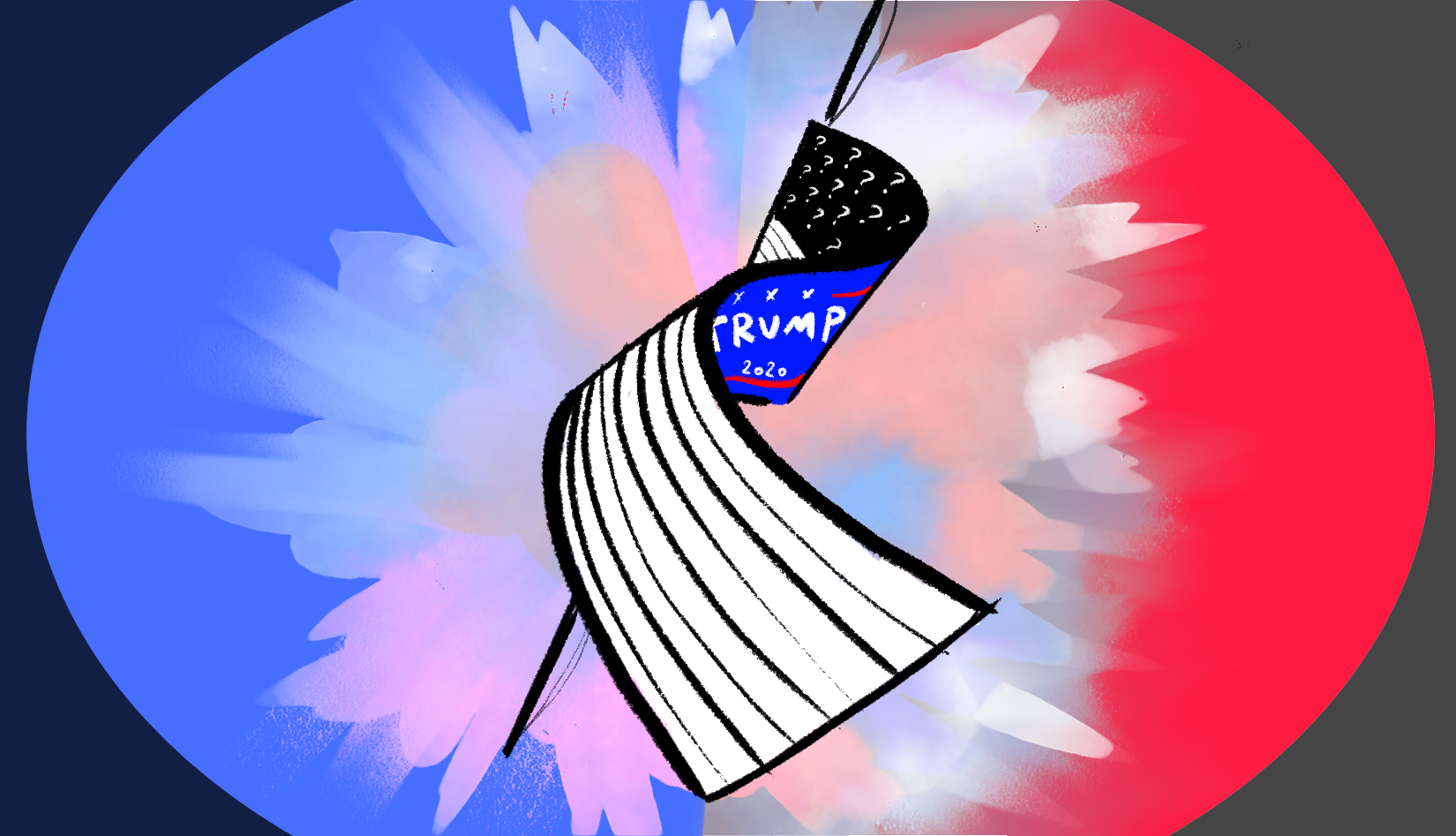What does the Capitol Hill siege mean for us?
It’s 100 seconds to midnight. Last year, the symbolic Doomsday Clock assessed that we are closer to a global man-made catastrophe than ever since the clock’s creation in 1947. The decision was made on account of the climate emergency, rising nuclear tensions, growing distrust in governments all around the world, weaponization of technology… and all this before the whirlwind that was 2020.
The evening of Jan. 6 saw “As a Canadian” trending on Twitter, as so many of us bemocked America’s fate, yet again turning a blind eye to our own run-ins with white supremacy in favour of our ‘it’s not as bad here’ façade. All of a sudden, we forgot that the founder of the Proud Boys is a Canadian man, or that there was a group of Montrealers who organized to participate in the Unite the Right rally in Charlottesville in 2017.
So let’s get this straight: the civil unrest in the US is especially concerning to us as Canadians.
Civil wars are started when a population loses trust in its government, and feels strongly enough that their issues can’t be solved by other means than organizing and taking arms. Statistically, poorer countries are more at risk of entering wars because of their inability to improve the economy, and financial and political inequality also often spark conflict.
Far-right groups have invented all kinds of conspiracies to discredit the media, Democrats, and basically anyone who doesn’t worship Donald Trump. They believe he’s the only one who can properly handle the American economy and save them from the looming threat that is socialism. They have expressed their anger at the dilution of (white) American culture through the apparent invasion of immigrants.
From what we’ve witnessed through their behaviour in recent years, which culminated with the attack on the Capitol, these far-right groups have shown that they aren’t scared — and are in fact proud — to take arms and uphold their views through violence.
On the left, the increasingly vocal contenders for the Black Lives Matter movement have shown their persistence to take to the streets and protest — rain or shine, through tear gas and pandemic. Left-wing groups have also demanded universal healthcare, erasure of student debt, more money towards climate action, and defunding the police and the army in the last few months.
Though I don’t mean to sound like an alarmist, this seems to me a clear recipe for civil war.
Our economy, national security, military strength, foreign relations, everything down to the results of our elections depend on how the United States is feeling. There’s a reason people say “When America sneezes, Canada catches cold.” Nine days after Trump was sworn in as president, six Quebecers were killed in a Sainte-Foy mosque, a clear message that we haven’t been able to escape Trump’s anti-Islam rhetoric.
Many have also wondered how Justin Trudeau will be expected to handle this. Will officially recognizing the Proud Boys as a terrorist group give the federal government reason to increase our military budget? As political unrest becomes inevitably more violent in the US, will it allow our federal government to take preventive, but invasive measures like increased surveillance and armed law enforcement?
For the past two years, I’ve been saying that I predict a civil war in the United States by 2025, and that I’d be surprised if it didn’t happen in the next three years. I think this is the most sinister ‘I told you so’ moment I’ll ever have.
Feature graphic by James Fay @jamesfaydraws
